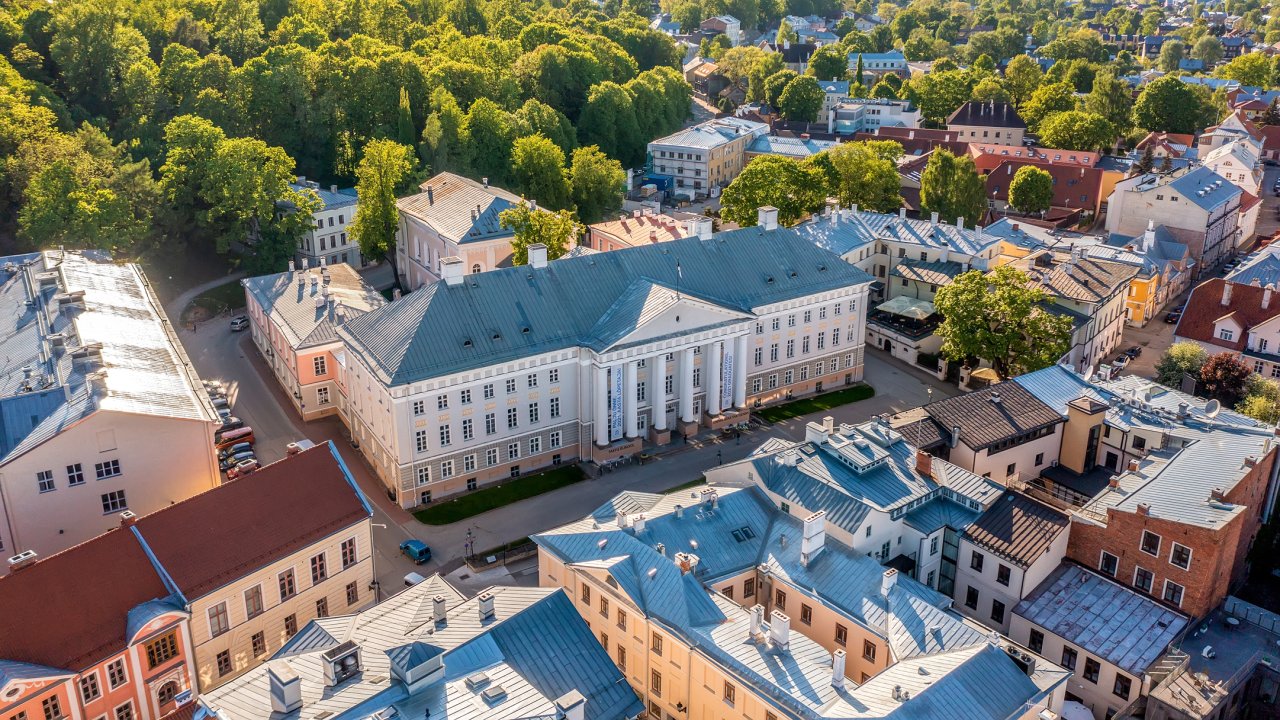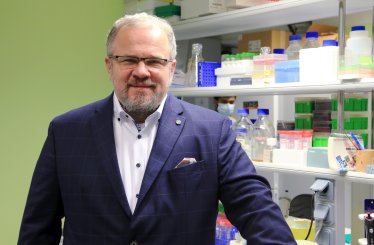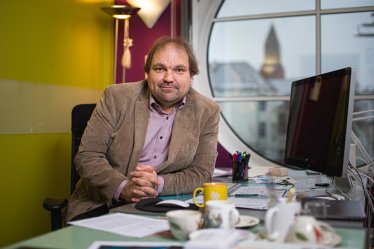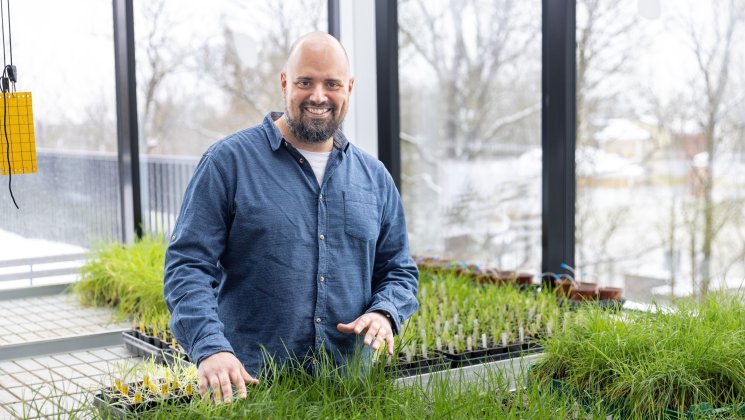University of Tartu researchers received €60 million to develop two international centres of excellence

Two international research consortia led by the University of Tartu received €30 million from the European Commission for the development of two research centres in Estonia over the next six years. One of the centres deals with the digitalisation of synthetic biology and the other with personalised medicine. The Estonian state will also give €30 million. Besides research excellence, the centres will boost the development of digitalised bioindustry and start-ups working on data-based health services.
The consortium DigiBio led by Mart Loog, Professor of Molecular Systems Biology at the University of Tartu, aims to combine

synthetic biology with computer science and thereby achieve a quality leap both in biosciences and the industry using biotechnology. University of Tartu researchers have been studying cellular processes, their management and remodelling for years. "Now, we are planning to set up a digitalised unit for designing and building cell systems that is linked to IT units engaged in big data processing and machine learning. With the help of our partners from Denmark, we are developing a unique centre in the region, the work of which will also foster the development of new biotech-related IT start-ups and the bioindustry," said Loog.
The project's external partner is the Novo Nordisk Foundation Centre for Biosustainability at the Technical University of Denmark, which has a unique global expertise in the digitisation of biotechnology. "Cooperation with our Danish partners and applying their model in Estonia opens up excellent opportunities for the local biotech research and business sectors to support the goals of the European Green Deal," said Loog.
Cooperation with our Danish partners and applying their model in Estonia opens up excellent opportunities for the local biotech research and business sectors to support the goals of the European Green Deal.
The centre also involves biotechnology teams of Tallinn University of Technology as partners. According to Petri-Jaan Lahtvee, Tenured Associate Professor at the Department of Chemistry and Biotechnology of Tallinn University of Technology, the new digitalised platform will open up opportunities for both research and cross-sectoral collaboration, as it will be accessible to all Estonian universities and biotech companies.
An integrated approach to personalised medicine

The consortium on personalised medicine, led by Mait Metspalu, Professor of Evolutionary Genomics at the University of Tartu, aims to establish a personalised medicine R&D centre of international excellence in Estonia in collaboration with Tartu University Hospital. It will bring together expertise in genetics, IT, clinical medicine, public health and socio-economic analyses to explore all stages of implementing personalised medicine in an integrated way. The project will involve research, evaluating the utility and cost-effectiveness of personalised healthcare services through clinical trials, making electronic health records more usable and supporting innovation.
As a result of the centre's work, Estonia could become one of the pioneers in implementing personalised medicine in Europe.
As a result of the centre's work, Estonia could become one of the pioneers in implementing personalised medicine in Europe. Professor Joel Starkopf, Head of Research and Development at Tartu University Hospital, believes that this project is the best way to implement the mission of the Tartu University Hospital to put science at the service of patients. "The aim is to achieve the best possible integration of frontier research in genetics with our everyday diagnostics and therapeutics," said Starkopf. The project's external partners are the University of Helsinki and Erasmus University Rotterdam.
Broad-based research excellence
According to Kristjan Vassil, Vice Rector for Research of the University of Tartu, the fact that two R&D projects of this magnitude have reached the University of Tartu in the conditions of competitive research funding is a historic achievement and a clear sign of the broad-based nature of our research excellence. "These projects combine and leverage the strengths of Estonia as an IT state and the university's excellence in genomics, computer science, clinical medicine, public health, social sciences and synthetic biology. Research in these areas will increase the university's international influence and visibility in just a few years," said Vassil.
These projects combine and leverage the strengths of Estonia as an IT state and the university's excellence in genomics, computer science, clinical medicine, public health, social sciences and synthetic biology. Research in these areas will increase the university's international influence and visibility in just a few years.
Renno Veinthal, Deputy Secretary General of the Ministry of Education and Research, said that receiving funding for two such powerful projects is a great recognition of the achievements of Estonian research so far. "Looking to the future, the state expects these projects to generate smart research-based solutions to important societal challenges, leading to additional healthy life years or new environmentally sustainable materials."
The projects are supported by the Teaming for Excellence action under the European Commission's research and innovation funding programme Horizon Europe. The programme supports collaborative projects between European research institutions to deliver cutting-edge research and better integrate it into society and the economy. The projects will start in 2023 and run for six years.





